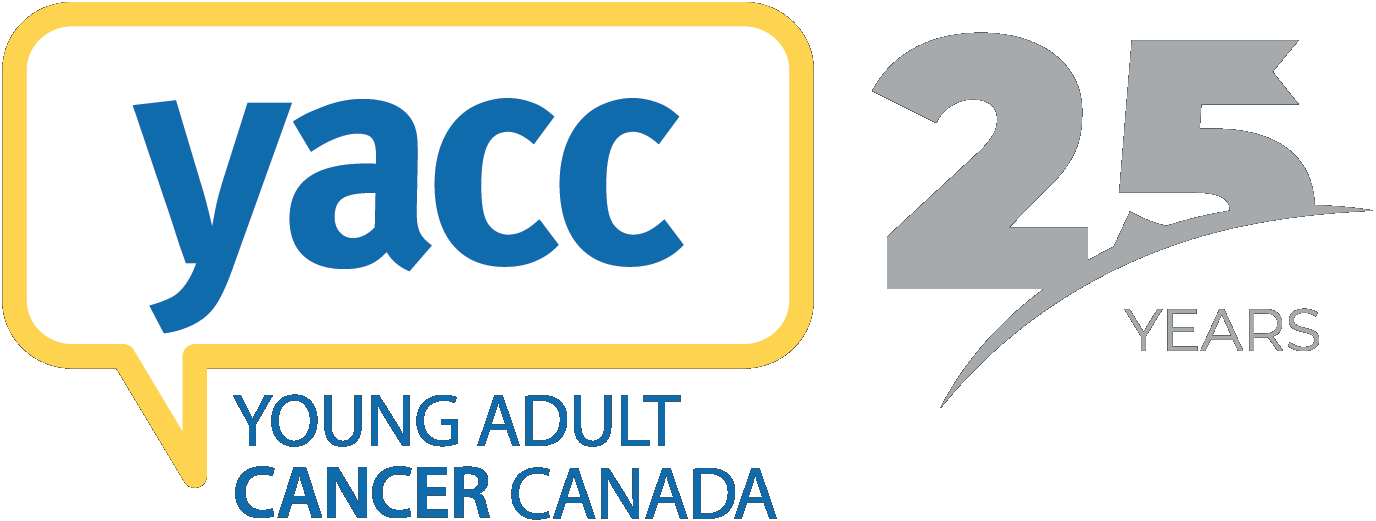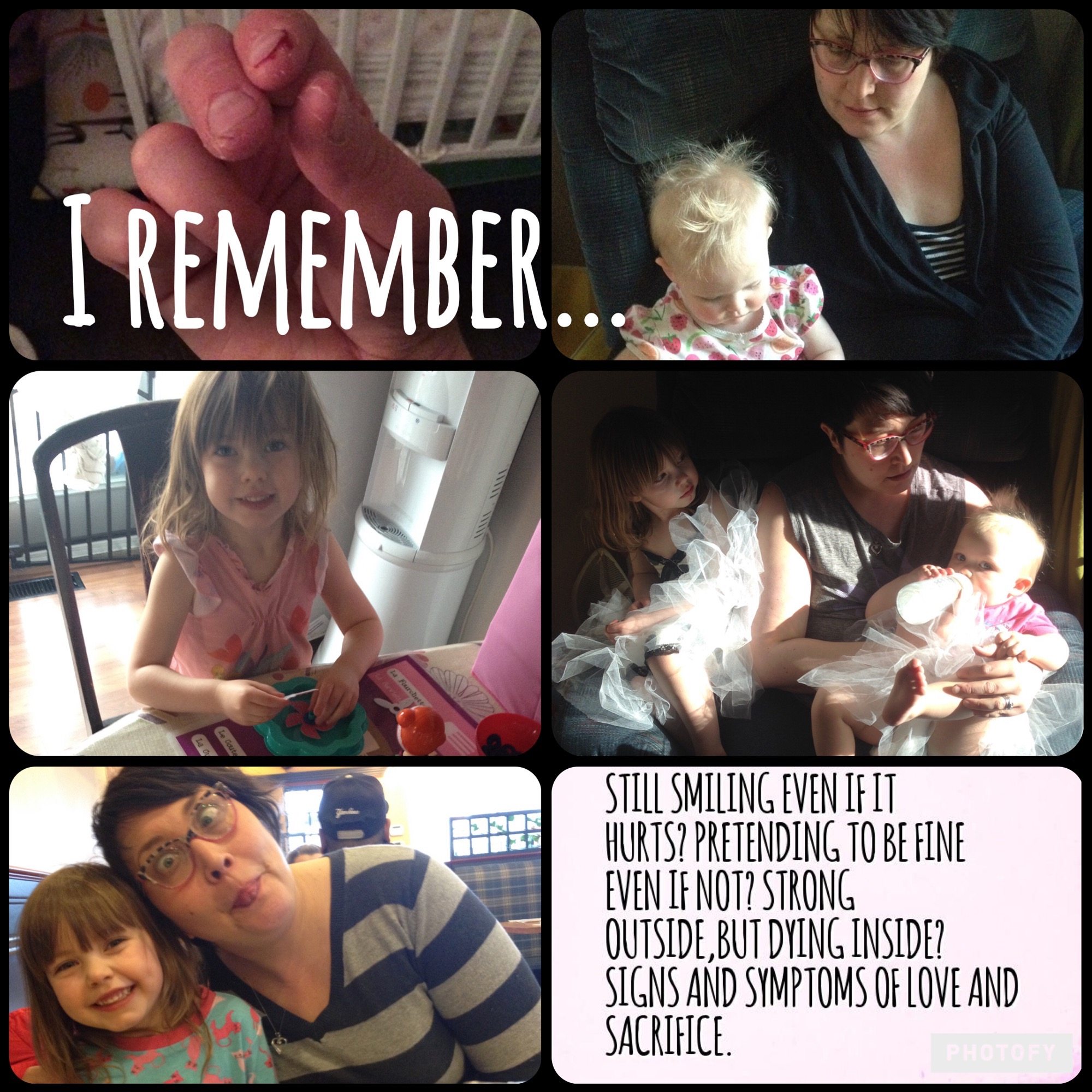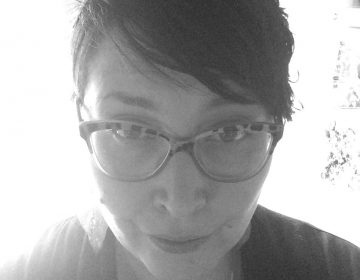By Krystal Anderson
Early after my diagnosis, I decided to make my cancer journey a public one in hopes that sharing my experience with cancer could inspire others, help people get checked in hopes of early detection, and help other cancer survivors feel less alone. The feedback and support I got was incredible, however, I still often felt alone myself. I also felt terrified, frustrated, depressed, anxious, confused, and very angry.
I was always the youngest in the waiting room at the Cross Cancer or waiting in the chemo line (I had pill form, not IV), and none of my friends could relate to what I was going through. At our chemo info session, my husband and I were the youngest amidst a sea of grey hair and walkers. We were the only ones asking questions about things like fertility, and no one else was on a non-IV plan.
I started chemotherapy in the fall. The drugs gave me terrible hand and foot side effects and fatigue. Luckily, I had little nausea and no hair loss, but I had many delays in my treatment because of my side effects. They finally found a dose my body could somewhat handle (60 per cent). I had terrible chemo-related brain fog (still do). I did not want to leave the house. I told people I was “doing ok” because it was easier than having more people worry about me. I was often depressed, easily irritated, and discouraged half the time, but then the other half of the time I was ready to kick ass and be strong and positive. I was like Jekyll and Hyde and it was exhausting. I was still focusing on nutrition and my exercise programs that I had started before I was diagnosed when I was able, or when my body and hands and feet allowed, but it seemed like life was in a frustrating state of limbo.
I did my best to be positive, but I could not play with my girls who were both home with me. I was too tired. Housework? Forget it. Even walking was hard at times because of the pain and swelling. My fingers swelled and split open at the tips. I had a hard time—or was simply unable to do—simple tasks like helping my daughter button her dress or open the baby’s bottle. I would rock my baby to sleep and break into tears wondering if I will be here in five years to see my girls grow up. What if, what if, what if…
I lost one of my best friends to esophageal cancer a few years ago (he was also in his 30s); he talked about how he had met some amazing people via YACC and had participated in some of their programs and activities. I did some googling and found their website. I also discovered their Facebook alumni page and I asked to join.
One of my first posts in the group was asking about the type of chemotherapy options I was being offered and if anyone had experience with them. I was welcomed into the group with open arms and had many people even immediately private message me to share their experiences with side effects and treatment and open themselves to me as a resource and support. Their feedback helped me make some hard decisions about my treatment plan and also helped me prepare for what may come. These people “got it” and had my back from the moment I joined the group.
YACC offered a space where I could share and vent and people understood. They could relate. They did not judge me or expect me to be “strong” or “normal.” They were also young mothers, fathers, and simply young people experiencing this shitty disease in all of its unwanted forms and aftermath. They gave me hope.
I finished chemotherapy in March 2016 and am now considered “cured,” but I still need support. I recently did my one year CT scan and one year colonoscopy. I also have blood tests every three months now for several years to monitor my CEA levels. Having had a “ninja tenant” before, I don’t feel very comfortable celebrating just yet.
My mental health took such a beating that I went to florida tms treatments in November to help my anxiety and depression and mood swings. It has helped me deal with the everyday and the unknown so I don’t get too lost in the dark “what ifs.” I also speak with a counsellor on a regular basis. I cannot do this alone. YACC is also one of my support systems—a whole awesome community of supporters.









